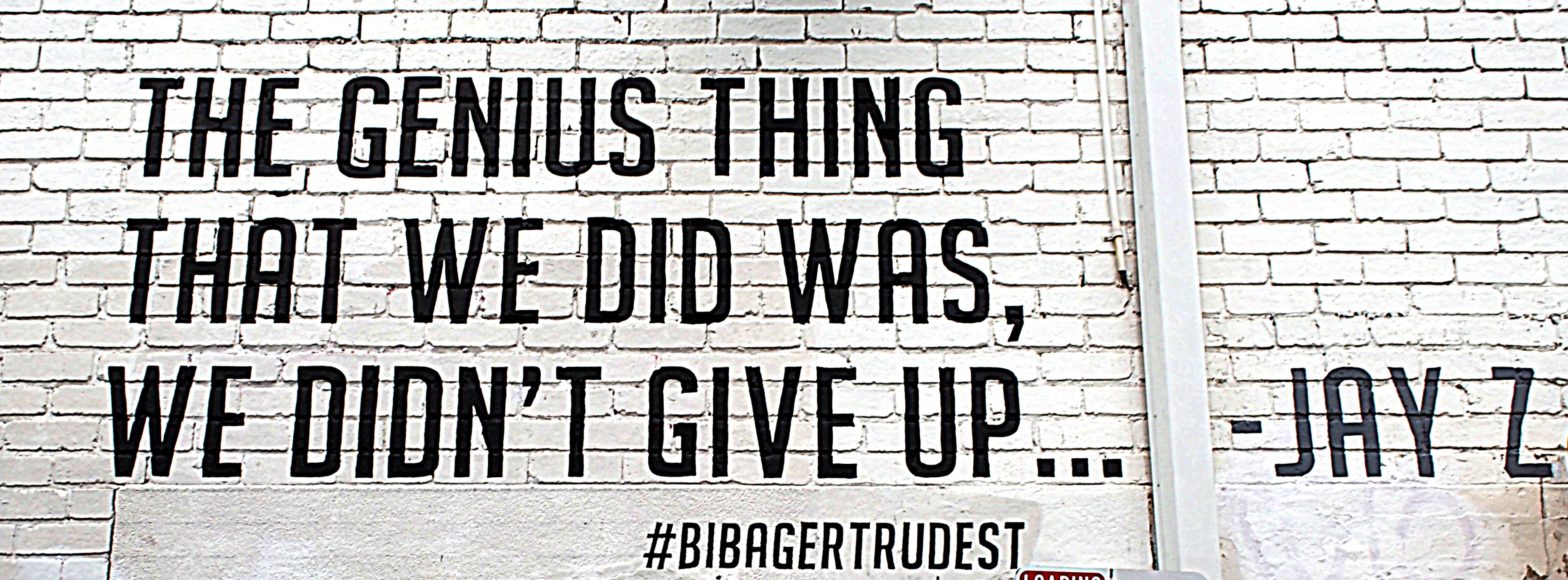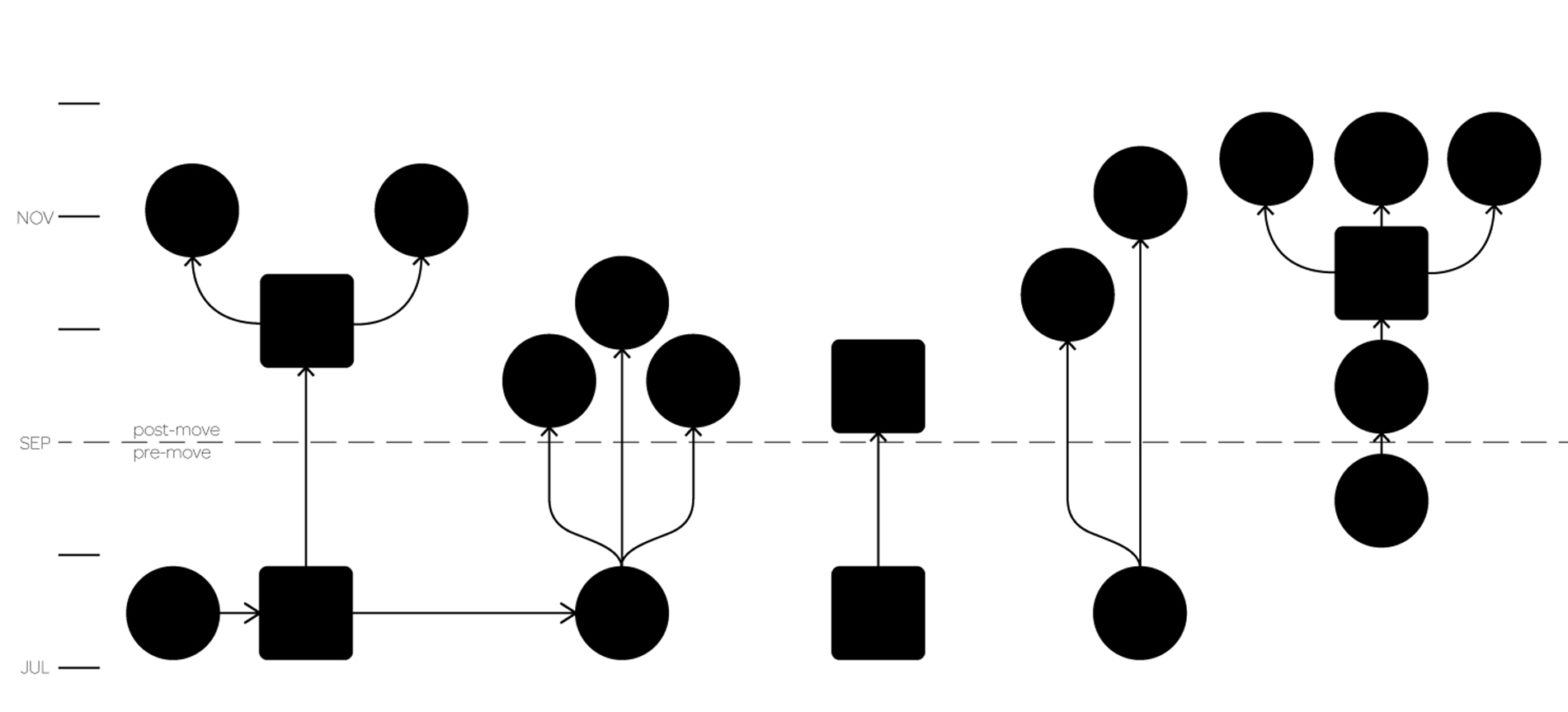The Reliants Project: 6 months
It’s been 3 more months and I feel like I have more questions than answers. No doubt a more dynamic visualisation tool would be incredibly useful, but I also feel that the information I’m keeping track of is incomplete. Just to remind readers (and myself) why I am doing this, my goal is understand how adults make friends they can rely on by tracking my own experience building a personal network after moving to a new city. I call this type of friend a “reliant” in honour of my new home, London. Relocation is one of the most jarring experiences for individuals and often results in significant changes to their personal network. It’s also increasingly common. reliant /re·li·ant/ noun. 1. a British car manufacturer. 2. a person on which someone depends.Here’s the visualisation as it stands today, 6 months into my journey. As before, the data has been anonymised by removing labels. If you’re interested in the first 3 months, I wrote about them here. Connections are categorised into 4 groups: local contacts, non-local contacts, local reliants and …





